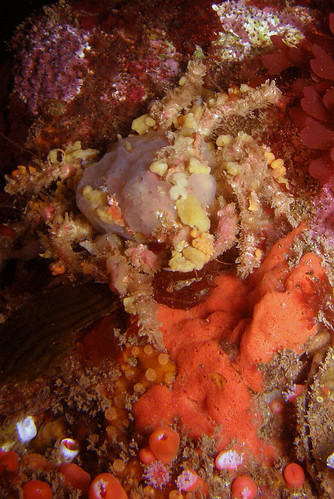Anyhoodle, excepting the part about the predators, a solid and recognizable crab shell with a boatload of psychedelic detritus glued on the back is my final estimation of Dune. The fundamental story is a classic: through betrayal, a boy prince's family is destroyed and his inheritance is lost. He is adopted by a rugged, outcast people, with whom he grows-up and whom he unites into a fighting force that he ultimately uses to avenge his family and reclaim his inheritance. The final battle is hand-to-hand combat between young prince and villain. The story ends with the marriage of the young prince and a beautiful princess.
This is all good, right? We've seen this story before, or elements of it, and we always like it, right? Me too! But on top of that foundation was glued about 20lbs of new-age mysticism, Silent Spring-like ecological moralizing, and the psychedelic consciousness-raising drug that was the engine of the story. The final story looks a bit like this:

I know, I know! That makes me sound like a wrinkled-old prune who can't handle naughty bits. But that's not what bothered me. I don't mind drugs or sex or mysticism driving a story necessarily, it's just how tired and dated all of it seemed in this particular novel.
Ok, don't believe me? Read this:
Still, there was about him a feeling of abandonment. He wondered if it might be possible that his ruh-spirit had slipped over somehow into the world where the Fremen believed he had his true existence - into the alam al-mithal, the world of similitudes, that metaphysical realm where all physical limitations were removed. And he knew fear at the thought of such a place, because removal of limitations meant removal of points of reference. In the landscape of myth he could not orient himself and say, "I am because I am here."
Come again? I know that was supposed to be a big thought, but isn't it actually kind of insane and meaningless? Wouldn't you run away from this bloke at a party?
Anyhow. I've not much more to say on the subject. I know it's one of Science Fiction's great works, and as I said, I really liked the foundational story, but I don't think it aged well.
Next up may be Silence, or it may be a newstand copy of US Magazine. It's just too early to tell.
